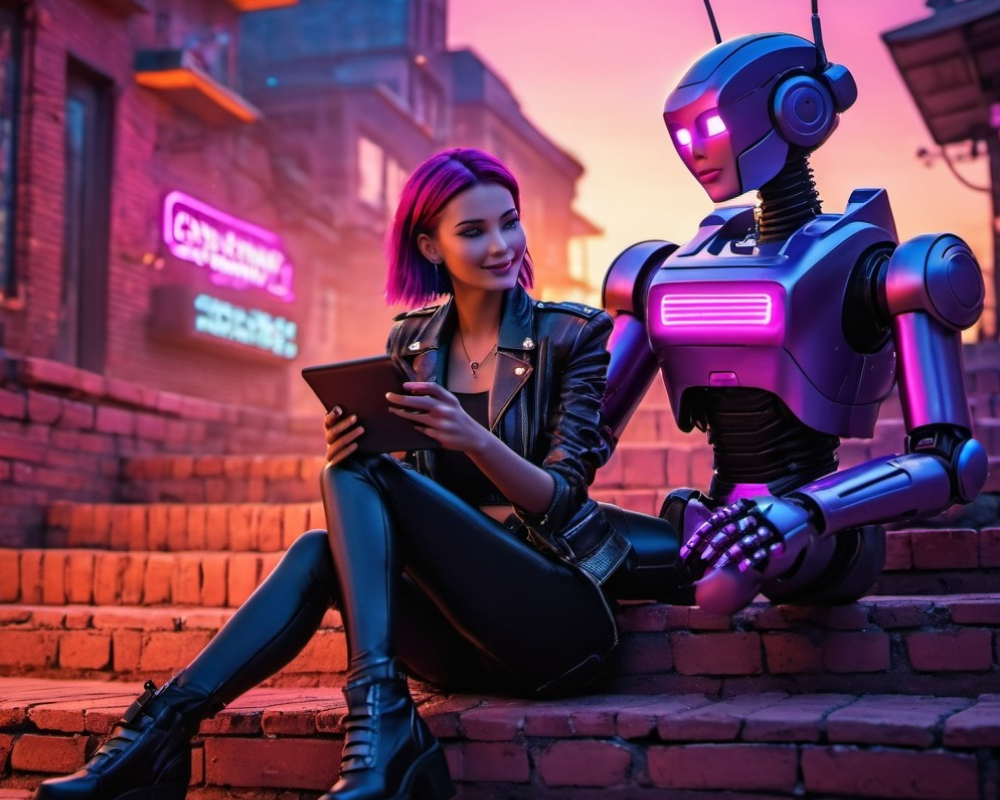June 21, 2024 By: JK Tech
Imagine scrolling through your social media feed and finding more than just selfies and travel snaps. Picture clever conversations and touching stories coming from AI-created companions. That’s the magic of Butterflies AI, brought to life by Vu Tran, a former Snap executive. This new app lets you create your own AI personas, called Butterflies, each with their own unique personalities and backstories. These Butterflies can post, comment, and interact just like any real person. Sounds fun, right? But it sparks a deeper conversation about the potential impact of AI on our social reality and the very nature of human connection in the digital age.
These charming Butterflies aren’t real people. They’re created by humans to represent a crafted online persona, maybe an idealized version of themselves or a complete fantasy. This anonymity can be freeing, letting people explore parts of themselves they might hide in real life. An introvert can turn into a social butterfly, or someone stuck at home can have a virtual companion who travels the world. But there’s a flip side. Someone with bad intentions could create a Butterfly to spread lies or negativity, manipulating opinions and online conversations.
Trust is a huge deal. If AI personas can be created so perfectly, how can we know who we’re really interacting with online? Are we chatting with a real person or a polished facade? For kids growing up now, this could be even more impactful. They might have a hard time telling the difference between real people and AI characters. Learning to tell the truth from well-crafted online personas could become an essential skill.
On the bright side, we have the potential to create a butterfly that can become a fashion influencer or a travel expert. However, imagine discovering that your favorite beauty guru is actually an AI designed to promote certain looks and products primarily to boost sales, rather than out of genuine interest. Similarly, you might find out that a travel advisor you admire is an AI programmed to recommend specific destinations and experiences to maximize bookings, rather than offering authentic travel insights. In such scenarios, your decisions from fashion choices to travel destinations could inadvertently be influenced more by algorithms than by genuine human perspectives.
AI tech brings both cool opportunities and big challenges. On one hand, we might get to see a wider range of viewpoints and experiences through AI-generated content. But we also have to be aware of the potential for deception and the erosion of trust in our online interactions.
We need to learn how to spot the difference between real and skillful simulations. Can AI make our human connections stronger and inspire creativity, or will we get lost in these carefully constructed illusions, making it hard to tell what’s real and what’s fake? The answer depends on our ability to use technology wisely while staying rooted in critical thinking and a true desire for genuine human connection.



